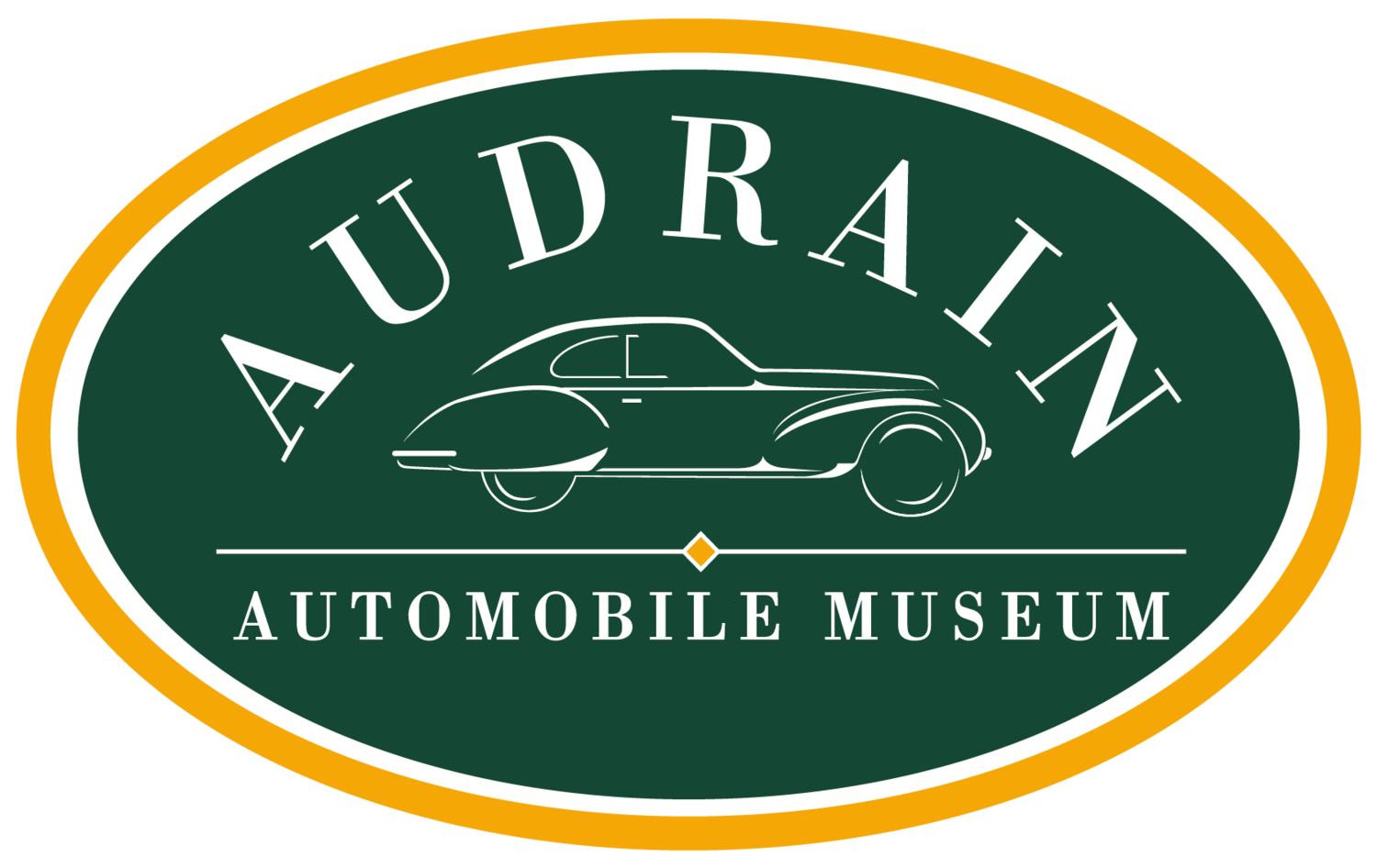1951 Fiat 500C Topolino Giardiniera
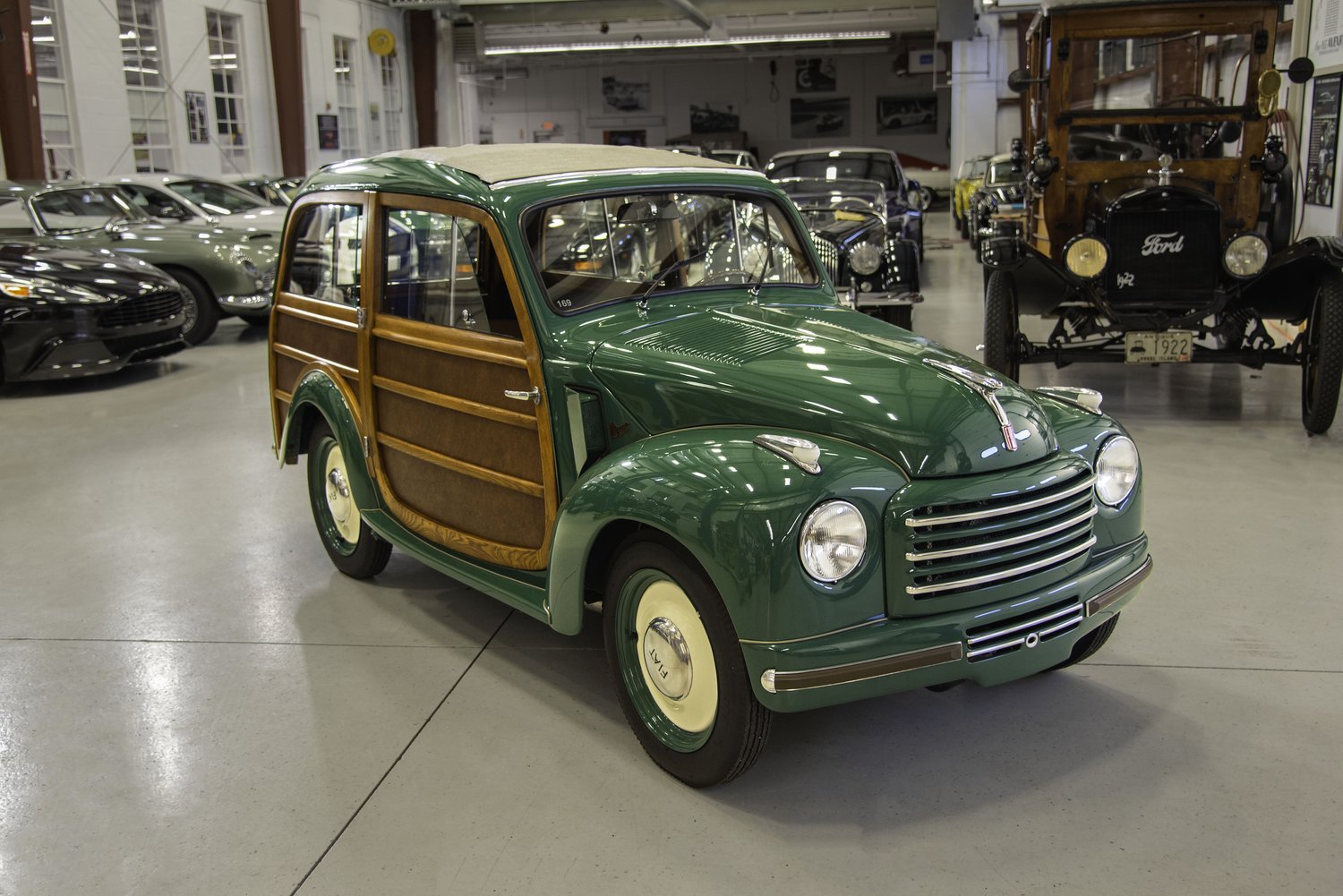


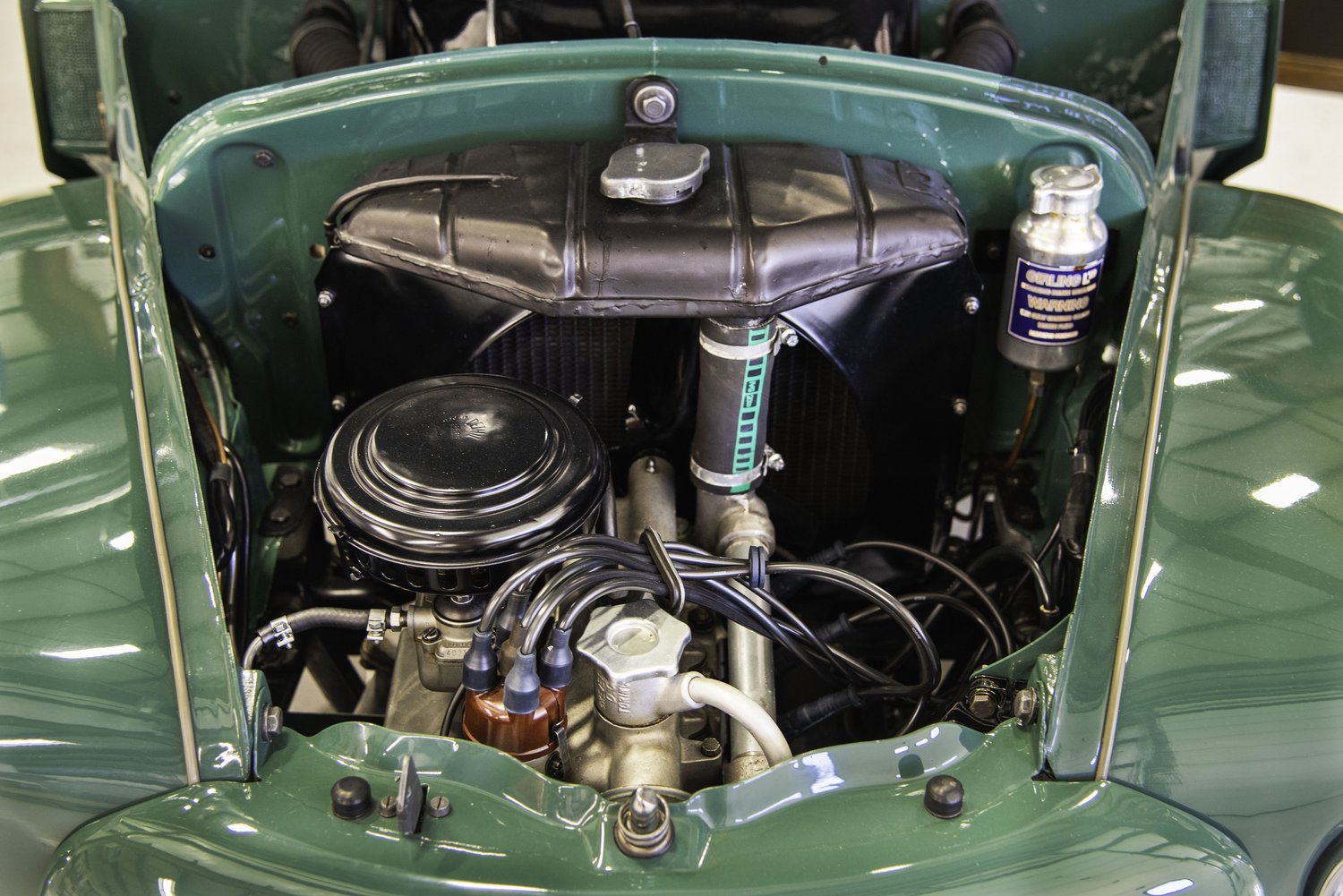
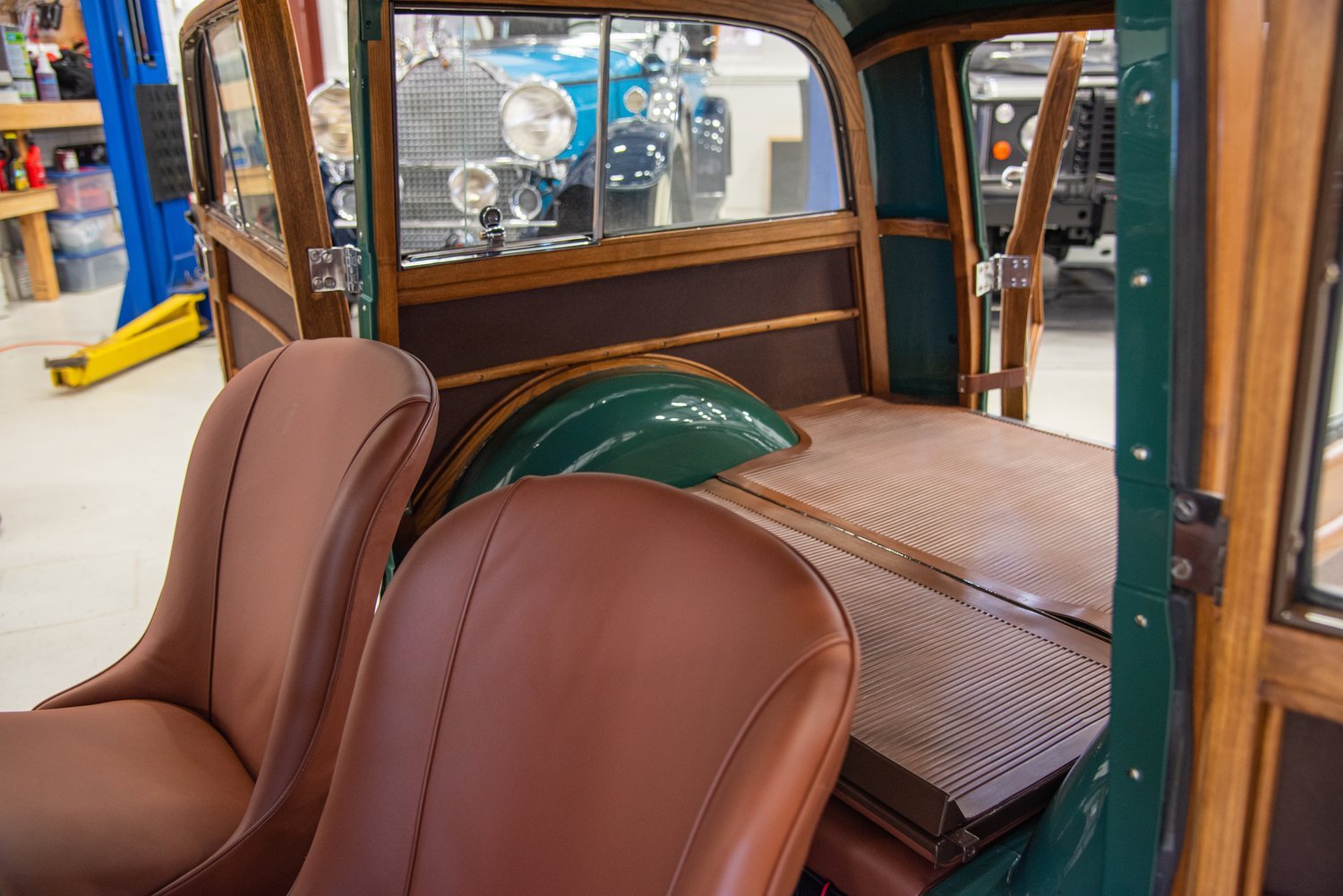
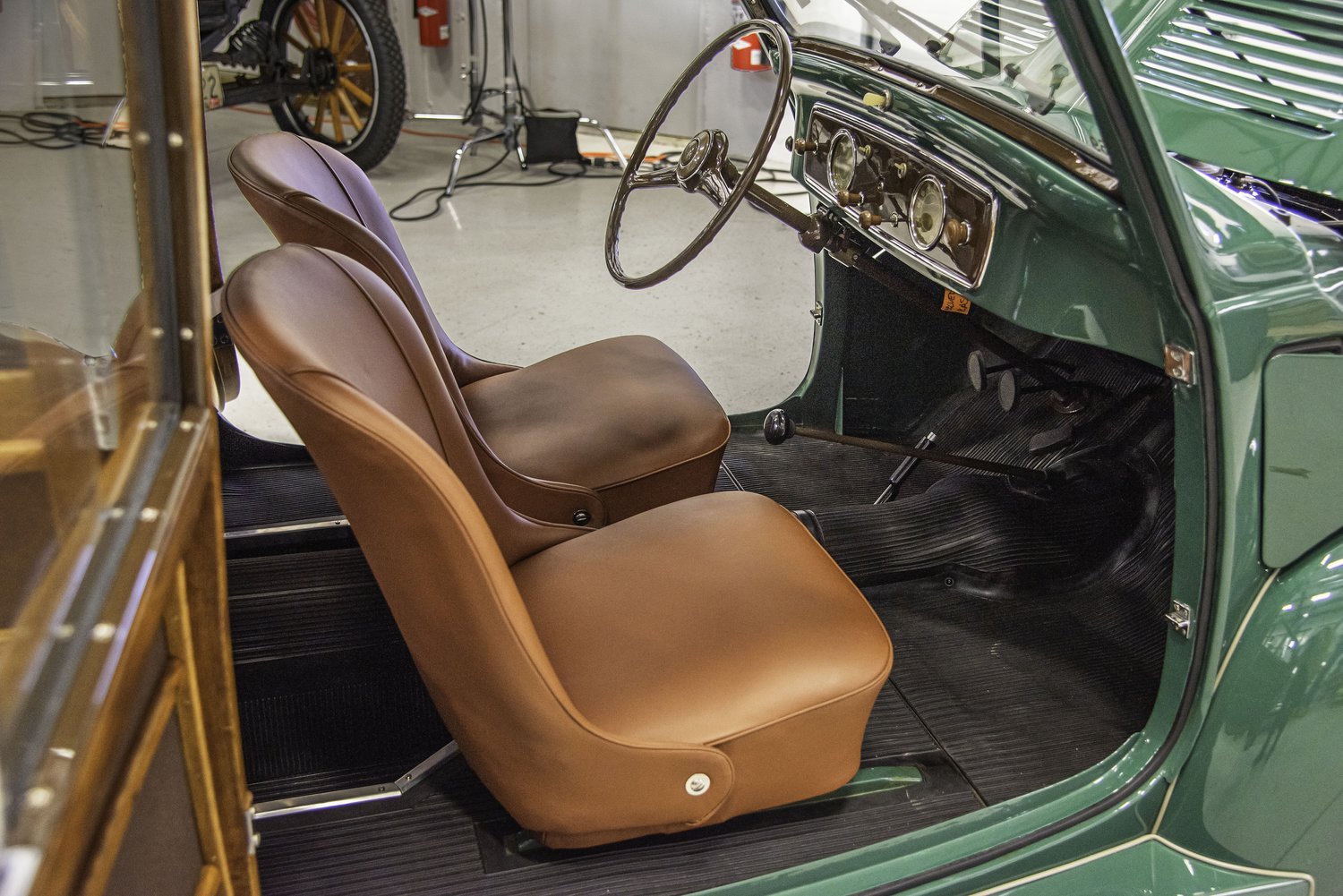
Unique “garden car” built with Italian farmers in mind.
Modular wood panel option utilized for low cost and quick construction.
Over half a million ‘Topolino’ were sold between 1936 and 1954.
Now seen as an icon in the car community with the model’s name still in use today, the first Fiat 500 came out in 1936 with the model known as 500A Topolino. After World War II, Fiat improved upon the decade-old platform with the 500B, which they produced for only one year before introducing the 500C in 1949. Built by Fiat’s in-house coachbuilder Carrozzerie Speciali, the Giardiniera, or “gardener’s car” was a useful station wagon designed for light farm use or errands around town. Available as a windowless all-steel paneled wagon, or the more well-appointed family woody version.
The Giardiniera was a special utility model made with extended cargo space that was perfect for a variety of everyday hauling. It had a wooden exterior that resembled a typical garden cart, making it well-suited for gardeners throughout Italy. The Fiat Giardiniera was built with solid wood framing with inserted press board (think Masonite) paneling. The Giardiniera was the perfect small car for anyone looking for extra cargo room combined with dependability.
As the first mass-produced car series, some call the Fiat 500 the Volkswagen Bug before there was the Volkswagen Bug. Called il Topolino meaning “Little Mouse,” the 500 was able to keep Italians moving for little ownership costs during a difficult time. The newest model, the C, looked sleeker and more modern compared to the B, and numerous body styles produced by Fiat provided customers with numerous reasons to purchase a 500. These cars were even raced in the demanding Mille Miglia! The 500C also received mechanical upgrades; semi-elliptical springs on the 500C dramatically improved the handling and, along with it, weight capacity improved giving the Giardiniera further usefulness on the farm. The overhead valve engine was also improved, drawing another few horsepower out of the 569 CC engine.
The original 500 expanded Fiat’s market both nationally and internationally, with nearly 500,000 examples built over an 18-year production run. Cheap, efficient, and useful transportation was a necessity for Italians in this period, and the 500 fit the bill perfectly. Whether racing through tight Italian city streets or working hard on the farm, these Topolinos helped drive Italy in the right direction in the years surrounding World War II.
Specifications
Engine: 569 cc inline 4-Cylinder
Horsepower: 16.5 @ 3,000 rpm
Top Speed: 55 mph
Transmission: 4-speed manual
Weight: 1764 lbs.
